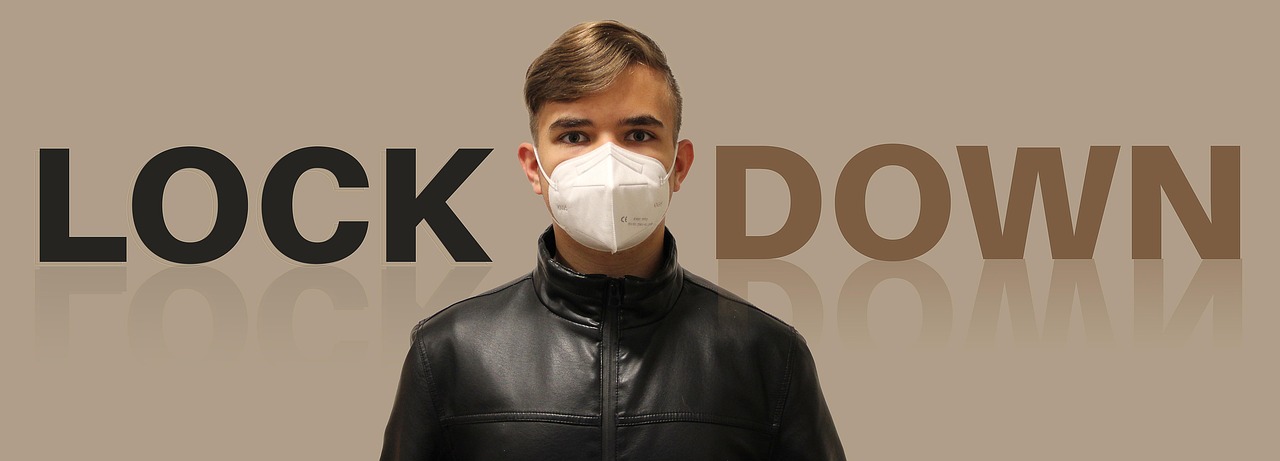
How to Responsibly Consume and Share Social News: A Helpful Guide
In today’s digital age, the way we consume and share news has transformed dramatically. With the rise of social media platforms, information is more accessible than ever before. However, this ease of access comes with its own set of challenges. Navigating the labyrinth of social news responsibly is crucial to ensure that we remain well-informed and avoid the pitfalls of misinformation. This guide aims to provide you with the tools and strategies needed to consume and share social news responsibly.
Understanding the Nature of Social News
Social news refers to the information that users share on social media platforms. Unlike traditional news outlets that have editorial standards and fact-checking processes, social news often lacks these safeguards. Anyone can become a “news” provider, which makes it essential to approach social news with a critical eye. According to the Pew Research Center, a significant portion of Americans get their news from social media, making it vital to understand its nuances.
Identify Credible Sources
One of the first steps in responsibly consuming social news is identifying credible sources. Not all content shared on social media is reliable. To determine the credibility of a source, consider the following criteria:
- Author Expertise: Does the author have the necessary qualifications to speak on the topic?
- Reputation: Is the publication known for its reliability and fact-checking?
- Evidence: Are the claims supported by data or other credible sources?

Organizations like FactCheck.org and Snopes can help verify the authenticity of news stories.
Recognizing Bias and Opinion
It’s important to differentiate between news, opinion, and analysis. News should present facts without bias, whereas opinion pieces and analyses provide interpretations or viewpoints on those facts. To responsibly consume social news, always check if the piece is clearly labeled as news or opinion.
Spotting Misinformation
Misinformation and fake news are rampant on social media. To spot these, look for sensationalist headlines, lack of credible sources, and emotional manipulation. Cross-referencing information with established news outlets can also help determine its accuracy. The BBC provides comprehensive guidelines on recognizing fake news and misinformation.
Responsible Sharing Practices
Sharing information on social media is not just about hitting the “share” button. It’s a responsibility. Before sharing, consider the following:
- Verify the Information: Ensure the news is accurate and comes from a credible source.
- Consider the Impact: Think about how the information might affect others. Will it inform, or could it potentially mislead?
- Provide Context: When sharing, add context or your own insights to help others understand the news better.
The Role of Algorithms
Social media algorithms play a significant role in what news we see. These algorithms prioritize content that generates engagement, which can sometimes lead to the spread of sensationalist news. Being aware of this can help you take control of your news feed by actively seeking out diverse sources and perspectives.

Engaging in Constructive Dialogue
Social media is a platform for dialogue and exchange of ideas. When discussing news, aim for constructive conversations. Be open to different viewpoints, and avoid falling into the trap of echo chambers where only similar opinions are shared. Engaging in respectful dialogue can enhance understanding and promote a more informed community.
Developing Media Literacy
Media literacy is a crucial skill in the digital age. It involves the ability to critically evaluate media content, understand the influence of media on society, and create media responsibly. Encourage yourself and others to develop this skill to navigate social news effectively.
Conclusion: The Path to Responsible Consumption and Sharing
In a world overflowing with information, the responsibility of consuming and sharing social news wisely cannot be overstated. By identifying credible sources, recognizing bias, spotting misinformation, and engaging in constructive dialogue, we can contribute to a more informed and connected society. Remember, the power of social media is in your hands, and with it comes the responsibility to use it judiciously.
As you continue to navigate the world of social news, keep in mind the profound impact your actions can have. The next time you click “share,” pause to reflect on the ripple effect it may create in the digital ecosystem and beyond.
Tools and Resources for Fact-Checking

To further enhance your ability to consume and share social news responsibly, leveraging fact-checking tools and resources is crucial. These tools help in verifying the authenticity of information and ensuring that what you share is accurate. Here are some recommended resources:
- PolitiFact: A project that fact-checks statements by political figures and provides a Truth-O-Meter rating.
- Full Fact: An independent fact-checking charity that focuses on UK news and politics.
- Reverse Image Search: Tools like Google Images and TinEye can help verify the authenticity of images by tracking where they have appeared online.
- News Aggregators: Platforms like Google News and Feedly curate news from multiple sources, allowing you to compare different perspectives on the same story.
Encouraging a Culture of Verification
Fostering a culture where verification is prioritized can significantly reduce the spread of misinformation. Encourage friends and family to fact-check before sharing news. Educational initiatives that promote media literacy can also empower individuals to critically assess news content. Schools and community organizations should play a role in providing access to resources and training.
The Impact of Responsible News Sharing
Responsible news sharing can have a positive impact on society. It fosters an informed public, reduces the spread of misinformation, and promotes trust in media. Furthermore, it encourages media outlets to uphold high journalistic standards, knowing that their audience values accuracy and accountability.
Challenges and Future Directions

Despite best efforts, challenges remain in the realm of social news consumption. The rapid pace of news cycles, the influence of deepfakes, and the growing sophistication of misinformation tactics pose ongoing threats. Future directions should focus on technological solutions, such as AI-driven fact-checking and improved algorithm transparency, to better equip users in managing these challenges.
Governments, tech companies, and civil society must collaborate to create policies and tools that support a healthier information ecosystem. As consumers, staying informed about these developments and advocating for ethical media practices is essential.
Final Thoughts
In conclusion, the journey to responsible consumption and sharing of social news is ongoing and requires collective effort. By staying informed, critical, and conscientious, we can each play a part in shaping a more reliable and trustworthy media landscape. Remember, every piece of news you consume or share contributes to the broader narrative. Let that narrative be one of truth, understanding, and progress.
Empowering the Next Generation
As we look to the future, empowering the next generation with the skills and tools to navigate social news responsibly is paramount. Education systems should integrate media literacy into their curricula, teaching students how to critically evaluate information, recognize bias, and understand the impact of their online actions. By doing so, we prepare them not only to consume news wisely but also to become responsible creators of content.
Collaborative Efforts for a Better Media Environment
Building a trustworthy media environment requires collaborative efforts from various stakeholders. News organizations must commit to transparency and rigorous fact-checking. Social media platforms should enhance their efforts in identifying and mitigating the spread of misinformation. Meanwhile, governments can support these initiatives through legislation that protects the integrity of information while respecting freedom of speech.

Civil society organizations can also play a key role by advocating for higher standards and holding both media outlets and platforms accountable. By working together, we can create a media landscape that values truth and integrity.
Adapting to Technological Advances
Technology is continuously evolving, and with it, the way we consume and share news. Emerging technologies like artificial intelligence and machine learning offer new opportunities and challenges in the realm of social news. AI can assist in the rapid verification of information, yet it also presents risks, such as the creation of sophisticated deepfakes. As consumers, staying informed about these technological advances and understanding their implications is crucial.
Investing in education and tools that help individuals discern real from fake content will be increasingly important. Additionally, supporting research and development in technology that aids in maintaining information integrity should be a priority.
Conclusion: Your Role in Shaping the Future of Social News
As we conclude this guide, remember that each of us has a role to play in shaping the future of social news. By committing to responsible consumption and sharing, we can contribute to a more informed and rational discourse. The actions we take today will influence not only our immediate social environments but also the broader, interconnected world.
Let’s strive to be vigilant, informed, and proactive in our approach to social news. By doing so, we uphold the values of truth and integrity, paving the way for a media landscape that reflects the very best of human potential.







